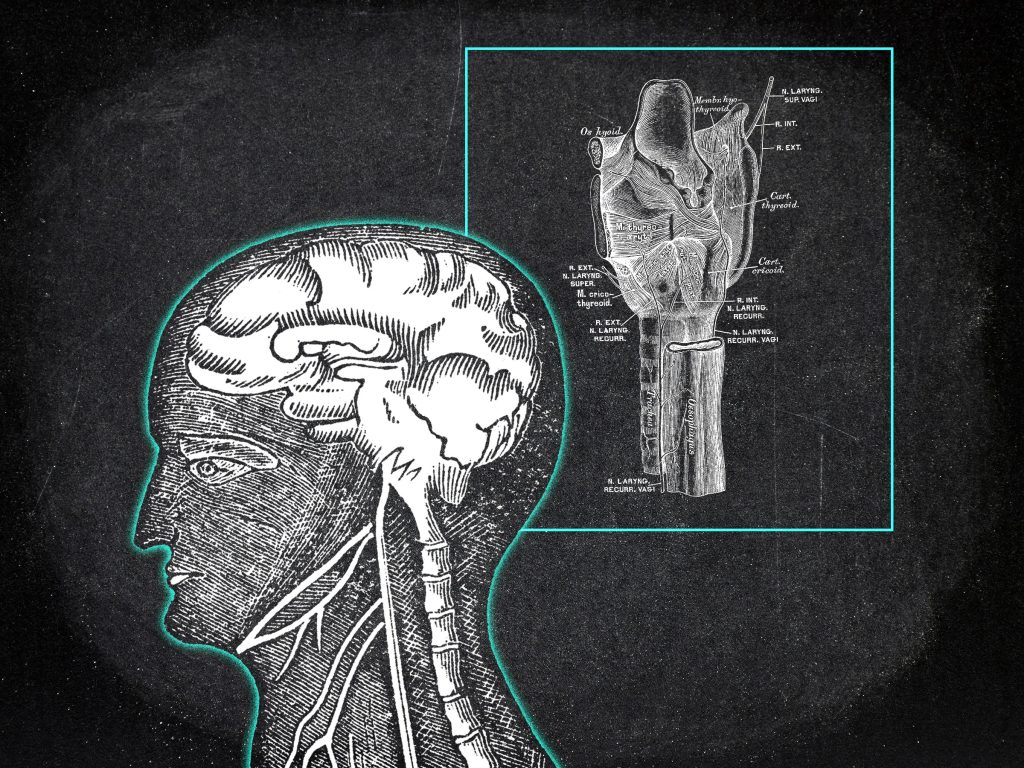The Vagus Nerve’s Crucial Role in Creating the Human Sense of Mind
1 min readThe Vagus Nerve’s Crucial Role in Creating the Human Sense of Mind
The vagus nerve is a long cranial nerve that plays a crucial role in creating the human sense of mind. It is the...

The Vagus Nerve’s Crucial Role in Creating the Human Sense of Mind
The vagus nerve is a long cranial nerve that plays a crucial role in creating the human sense of mind. It is the longest nerve in the autonomic nervous system and is responsible for controlling many bodily functions, including heart rate, digestion, and respiratory rate.
Recent research has shown that the vagus nerve also plays a key role in regulating emotions and creating a sense of well-being. It connects the brain to the gut, leading to the popular term “gut feeling.”
Studies have shown that stimulating the vagus nerve can improve conditions such as depression, anxiety, and chronic pain. This has led to the development of vagus nerve stimulation therapy as a treatment for these conditions.
The vagus nerve also plays a role in social bonding and empathy. When the vagus nerve is activated, it can lead to feelings of compassion and connection with others. This is why the vagus nerve is sometimes called the “compassion nerve.”
In conclusion, the vagus nerve plays a crucial role in creating the human sense of mind by regulating emotions, connecting the brain to the gut, and promoting feelings of well-being and social bonding. Understanding the importance of the vagus nerve can lead to new treatments for mental health conditions and a greater appreciation for the mind-body connection.




